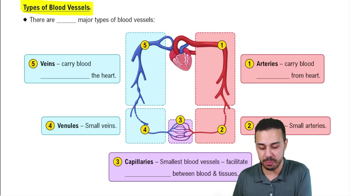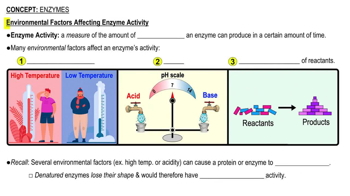Which type of antibodies does plasma contain for each of the following blood types?
(a) Type A
(b) Type B
(c) Type AB
(d) Type O
 Verified step by step guidance
Verified step by step guidance Verified video answer for a similar problem:
Verified video answer for a similar problem:



 6:11m
6:11mMaster Functions of Blood with a bite sized video explanation from Bruce Bryan
Start learning